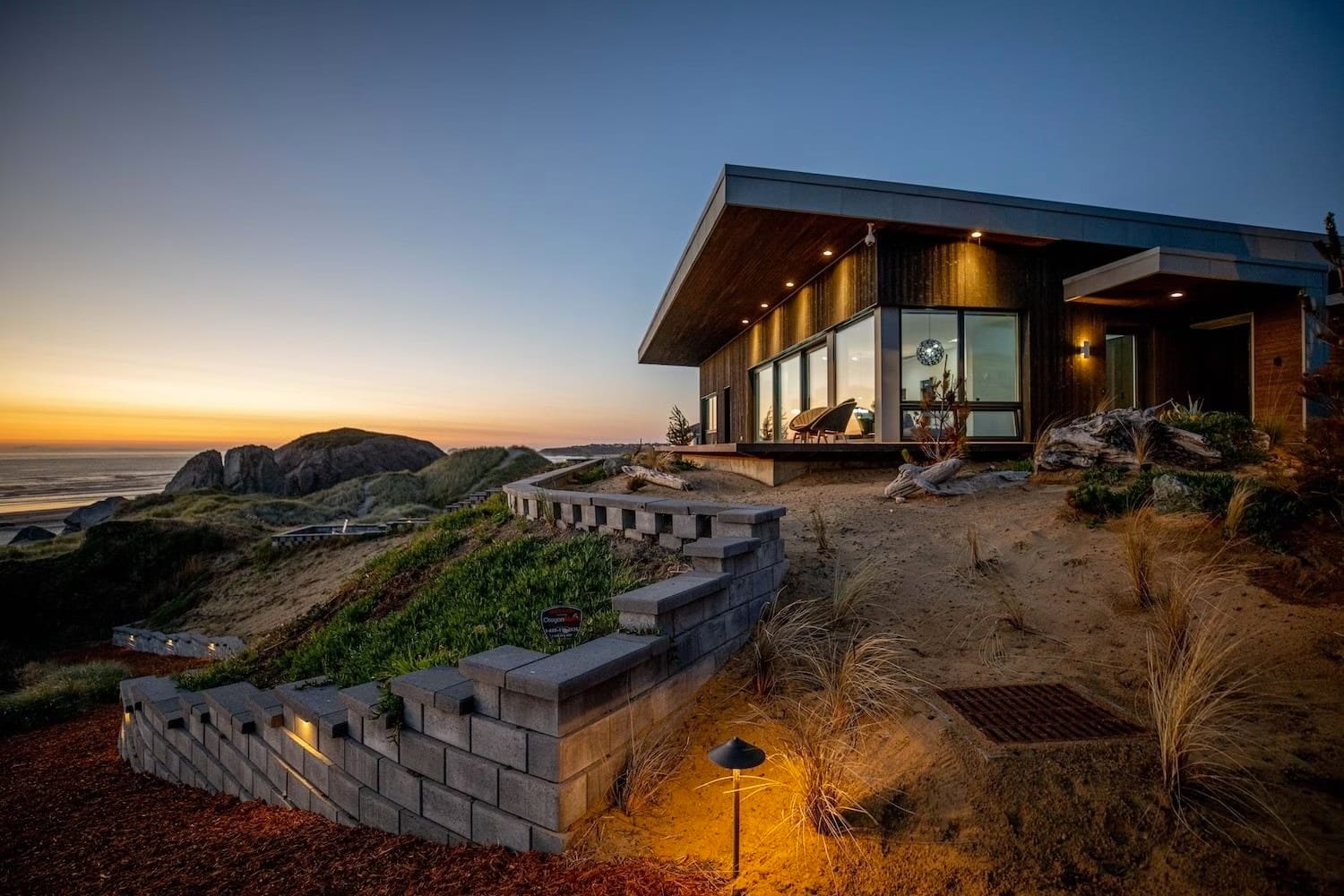The Elusive Feature of Branded Rentals (Transmission #208)

People like to know what to expect when engaging in new experiences. They crave consistency and minimize uncertainty.
Hotel brands satisfy that craving across geographies. This is no different than Starbucks’ systemized coffee recipes, and WeWork’s predictable workspaces. You know exactly what you’re getting when you interact with either of these brands.
Zumper is on a mission to make renting an apartment as easy as booking a hotel. Once the rental transaction gets there, the next step to delivering a hotel-like experience extends throughout the experience—including the amenities, furniture, fixtures, etc.
Curious? Additional examples.
Proptech's Leader has Been Crashing Our Couch the Whole Time // Stock in Down Payments // Banking Real Estate in the Clouds
The hotelization of vacation rentals is happening in multi-family. Staying in Sonder units in Orlando during IBS and San Diego for CREtech brought me the same modern design aesthetics, digital access, and even in-unit washer/dryers. Sextant Stays, Mint House, and Zeus are among the other operators delivering consistent expectations in multifamily. And Lyric and Stay Alfred before them.
As nomadism spreads, the opportunity for branded long-term apartments that scale across geographies only grows. But one feature many operators are trying to instill in those apartments will remain dormant: community.
AN UNDERVALUED SECRET INGREDIENT
Two companies come to mind when considering how travelers and digital nomads (before the term existed) integrated into local communities in new places: Couchsurfing and Airbnb. Couchsurfing, before its corporate overlords booted its most prolific community organizers, had figured out how to give drop-ins an instant community no matter where in the world they wandered.
As did Airbnb. Not modern-day Airbnb, but the Airbnb built to offer travelers a couch, spare room, or a blow-up mattress and access to a local usually willing to share a drink and a good story.
Both of these companies offered experiences that were the opposite of slick, uniform, and branded. It was the dynamic nature of the locals and community organizers that made both alluring for short-term stays.
Yet, while arguably the ingredient that propelled success in the first place, community is the secret sauce that successful companies seem most willing to abandon when examining the bottomline. Couchsurfing ditched community as its baseline value, and began hemorrhaging users. Airbnb has doubled down on renting entire units, and it remains to be seen how well its foray into experiences quenches peoples’ thirst for a sense of authentic local integration.
How can long-term apartment rentals avoid failing for lack of community?
